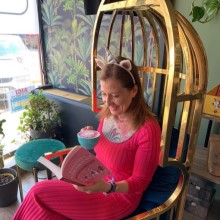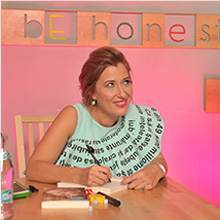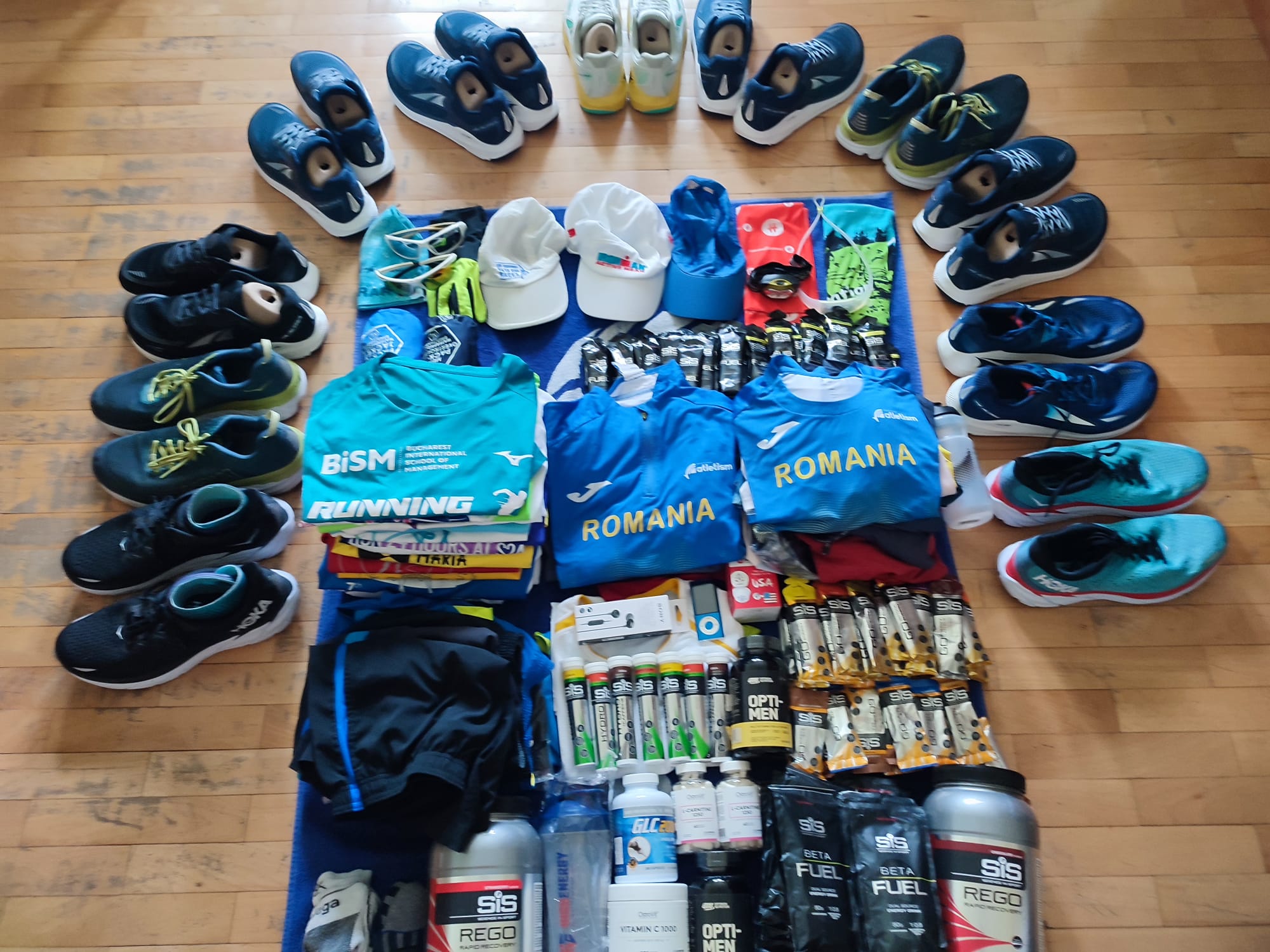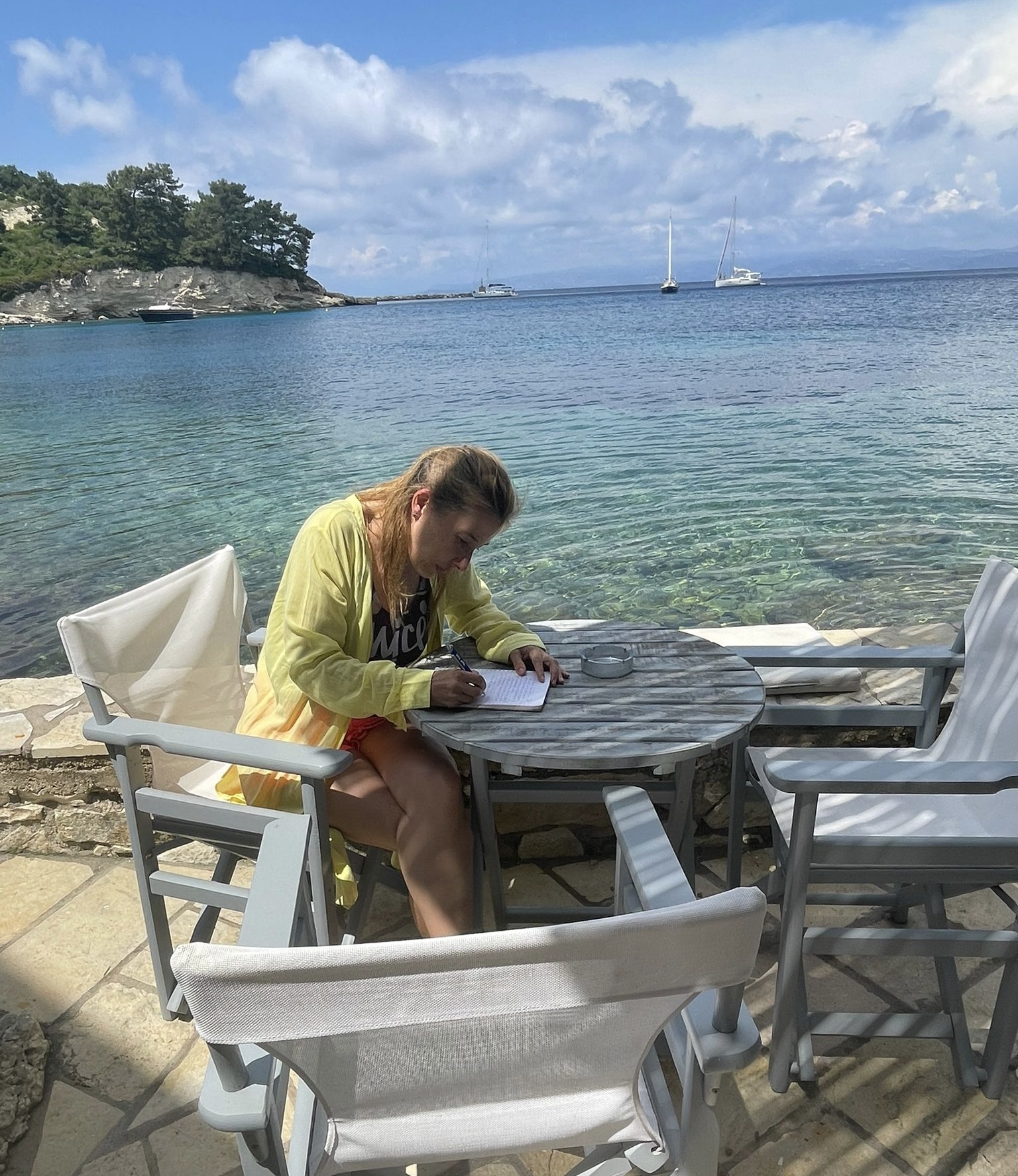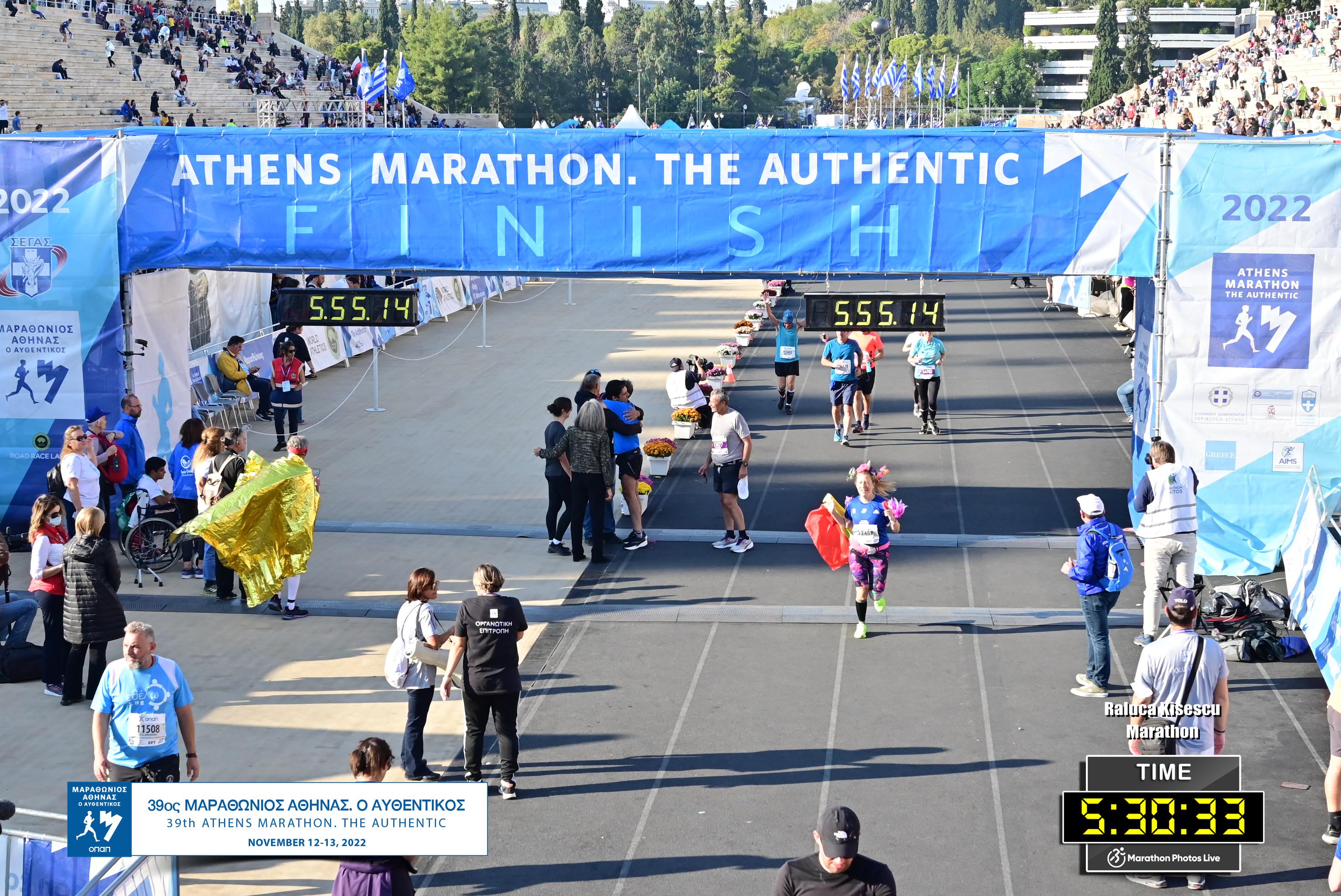How to turn waste into food, roads, fragrance and more

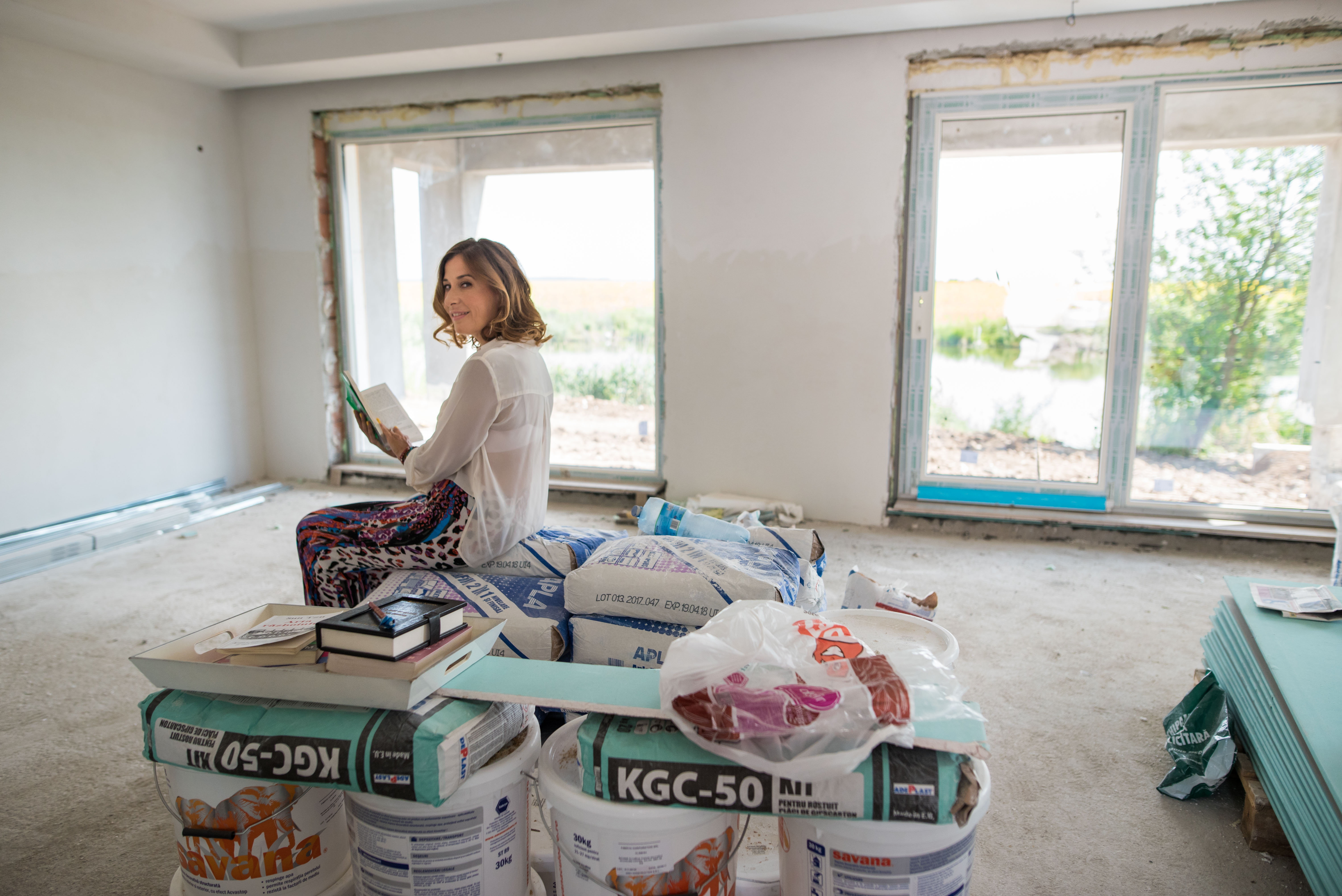
I was recycling some plastic bottles the other day, like any other day from past years. I may be a mess with my wardrobe and my living place, but I do recycle! While placing each folded plastic into the collecting container, one of my best friends bumped in. None of us would have expected to see the other in that area.
- Well done, madame, she said, keep recycling!
Pause. I turned my head to see who was talking. She continued:
- Are you making some pocket money? (allusive comment to being paid for collecting reusable materials)
Laughs.
Still, there is nothing to laugh about waste and how it can be transformed. From new supermarket items to roads, from luxury fragrance to cellphone cases, waste can get a new scope and meaning. Some incentivize recycling with money, some do it emotionally and some offer free meals. There are infinite ways to stop the consumerism and turn a behavioral change into a business opportunity!
Trendwatching Premium is offering 5 fresh examples that are actually happening in the world now.
1. Dutch supermarket creates new products from waste food
March 2018 saw Jumbo partner with 18 food companies on Waste Is Delicious: an initiative to transform goods that would otherwise have gone to waste into consumable food. Launching in the Dutch supermarket chain’s Wageningen branch, 700 items were sold in the first week. Example products include ‘ugly vegetables’ sold as ingredients for soups, and stale bread transformed into beer. The initiative was supported by a local university as part of the nationwide United Against Food Waste program.
2. Plastic bags transformed into roads
April 2018 saw industrial processing firm Nelplast collaborate with the government of Ghana to turn plastic garbage into roads. The roads will be made up of plastic blocks, which are comprised of 60% plastic and 40% sand – in comparison, asphalt is made mostly of sand. Nelplast developed the blocks after Ghana banned plastic bags. Around 98% of plastic waste in Ghana is dumped into a landfill instead of recycled.
This innovation stands out because it turns a negative into a positive. Plastic bags are a huge environmental problem in Africa – by putting waste to use, Nelplast is showing people how much recycling can help contribute to a cleaner environment.
Plastic bags that pave the road to a cleaner future (pun intended)? Sign us up! Ghana’s strict laws on plastic bags are mirrored in a number of African countries: Rwandans caught using plastic bags can be made to issue public apologies, while citizens of Kenya are subject to USD 19,000 fines! But simply banning these bags doesn’t answer the question of what to do with the mountains upon mountains of plastic bags (and other waste) that are already here? Nelplast’s solution, however, does. So, two takeaways for you. First, can tough legislation actually present you with rich innovation opportunities? Second, if you’re looking for eco-inspiration then don’t just look to California or Scandinavia… look to eco-practical Africa! That reminds me of an eco-tax that I had to pay 15 years ago on a road trip to a neighbouring country poorer than Romania, in times when few were thinking of ecology.
Plastic as we know it has only really existed for the last 60-70 years, but in that time it has transformed everything from clothing, cooking and catering, to product design, engineering and retailing. As of 2015, approximately 6.3 billion tonnes of plastic waste had been generated. Out of it, 9% was recycled, 12% incinerated and the remaining 79% is accumulated in landfills or the natural environment.*
3. The Rubbish Cafe - free meals exchanged for recyclable plastic.
Will you get inside a place called “The Rubbish Cafe”? Aiming to raise awareness of the issue of single-use plastic, May 2018 saw Ecover open a pop-up café in London. The UK-based sustainable domestic care brand offered Londoners a free meal in return for any recyclable plastic item. The eatery was also decorated with upcycled items, with a zero-waste menu on offer.
4. Luxury perfume is made from trash
Would you wear the most wanted scent made from the unwant? I Am Trash is French perfumier Etat Libre d’Orange‘s latest scent. Unveiled in April 2018, the unisex perfume (called Les Fleurs du Déchet in French) has been made with waste generated during the scent-making process, such as discarded, decaying fruit and worms. ‘How can we reuse the exorbitant amount of waste that is left over from the industry’s process of fabricating perfume?’ was the starting point for marking the scent. It will be launched in the fall of 2018.
Check the video here - https://youtu.be/NCvt4BAHE3c
5. Automaker’s cellphone cases made from car wreckages
There is some waste with significant emotional impact. Think of a car crash caused by driving and texting. How can you raise awareness about this topic that is wasting so many lives? In February 2018 Sweden banned phones in traffic, but the number of crashes hasn’t decreased. To make you think twice before picking your phone in traffic, in May 2018 Volkswagen launched a campaign to highlight the dangers of texting and driving. 153 ‘crushed cases’ – cellphone cases made from metal from car wreckages – were created (one for every crash since a ban on using phones in cars was enforced). Available online, each case cost SEK 599 (USD 69) with profits donated to Trafikskadefonden, a charity that rehabilitates victims of car crashes.
Check the promo video here - https://youtu.be/L4r5_-eEkL0
*Source - bbc.com http://www.bbc.com/news/science-environment-42264788
P.S. This post is based on information offered by Trendwatching Premium, a service for whom Raluca Kisescu & Son is an honoured ambassador.
To have access to the free TrendWatching Quarterly, be one of the 260,000 subscribers in 180 countries. To get the Premium Service - all the content, tools & expert support you need to succeed at every stage of your innovation journey, please contact Paul Backman at paul@trendwatching.com








